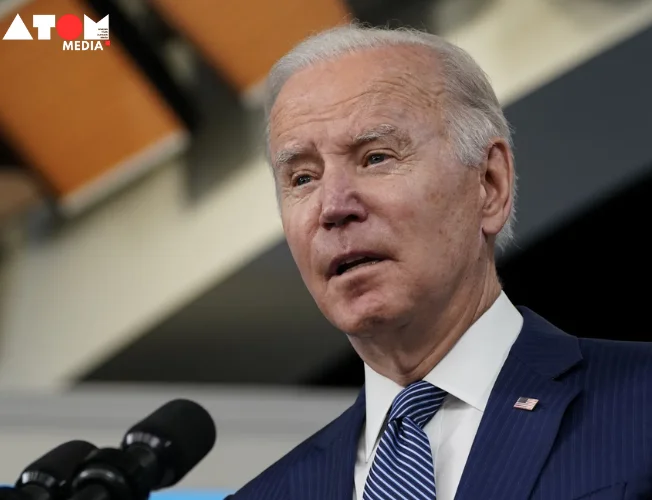The White House has announced plans to impose new sanctions on Iran in response to a recent air attack launched by Tehran against Israel. This move signifies a potential escalation of tensions between the United States and Iran.
New Sanctions Targeting Iran’s Military Capabilities
National Security Advisor Jake Sullivan released a statement outlining the planned sanctions. The primary targets include Iran’s missile and drone programs, entities supporting the Islamic Revolutionary Guard Corps (IRGC), and Iran’s Defense Ministry. These sanctions aim to restrict Iran’s ability to develop and deploy advanced weaponry.
Coordinated Response with Allies and Bipartisan Support
The statement emphasizes President Biden’s focus on a coordinated response. The administration is working with allies and partners, including the G7 nations, to ensure a unified approach towards Iran. Additionally, the planned sanctions have received bipartisan support within the US Congress, reflecting a broad consensus on the need for a strong response to Iran’s actions.
Further Bolstering Middle East Defenses
Beyond sanctions, the White House also highlighted ongoing efforts to strengthen air and missile defense systems across the Middle East. The Department of Defense and US Central Command are collaborating to enhance early warning capabilities, potentially deterring future Iranian attacks.
Continuing Pressure on Iran: Addressing Criticisms
The statement acknowledges ongoing pressure on Iran. The US government has previously sanctioned over 600 individuals and entities linked to terrorism, human rights abuses, and support for proxy militant groups. This latest round of sanctions builds upon those efforts, aiming to hold the Iranian government accountable for its actions.
Debates Over “Maximum Pressure”
The announcement has reignited debates surrounding the effectiveness of past US strategies towards Iran. Some critics, particularly within the Republican party, have accused President Biden of softening the approach adopted by his predecessor, Donald Trump. Trump’s “maximum pressure campaign” aimed to isolate Iran economically and limit its resources for military programs. The current administration’s approach incorporates sanctions but appears to emphasize international cooperation as a crucial element in pressuring Iran.
Uncertainties and Potential Pathways
The long-term impact of these new sanctions remains to be seen. Their effectiveness will depend on the level of international cooperation achieved and the Iranian government’s response. The possibility of further escalation or diplomatic efforts to de-escalate tensions are both potential outcomes.
Iran’s Perspective: A Complex Situation
From Iran’s perspective, the latest sanctions likely represent a continuation of existing economic pressures. The country has faced US sanctions for decades, prompting it to develop alternative trade relationships and workarounds. However, the cumulative impact of these measures undoubtedly hinders Iran’s economic growth and development.
The Israeli Factor: Geopolitical Tensions in the Region
The recent Israeli attack on Iran further complicates the situation. While the full details of the attack remain unclear, it has heightened tensions between the two nations. The US response to the attack, through these new sanctions, is intended to signal support for Israel’s security concerns. However, managing these regional tensions and fostering stability in the Middle East remains a significant challenge for the US government.
Looking Ahead: Navigating a Complex Landscape
The US announcement of new sanctions on Iran marks a significant development in US-Iran relations. The coming days and weeks will be crucial in observing the international response and Iran’s reaction to the sanctions. The effectiveness of this strategy and its long-term implications for the region will depend on the US’s ability to navigate this complex geopolitical landscape.
Read more: Marketing News, Advertising News, PR and Finance News, Digital News





